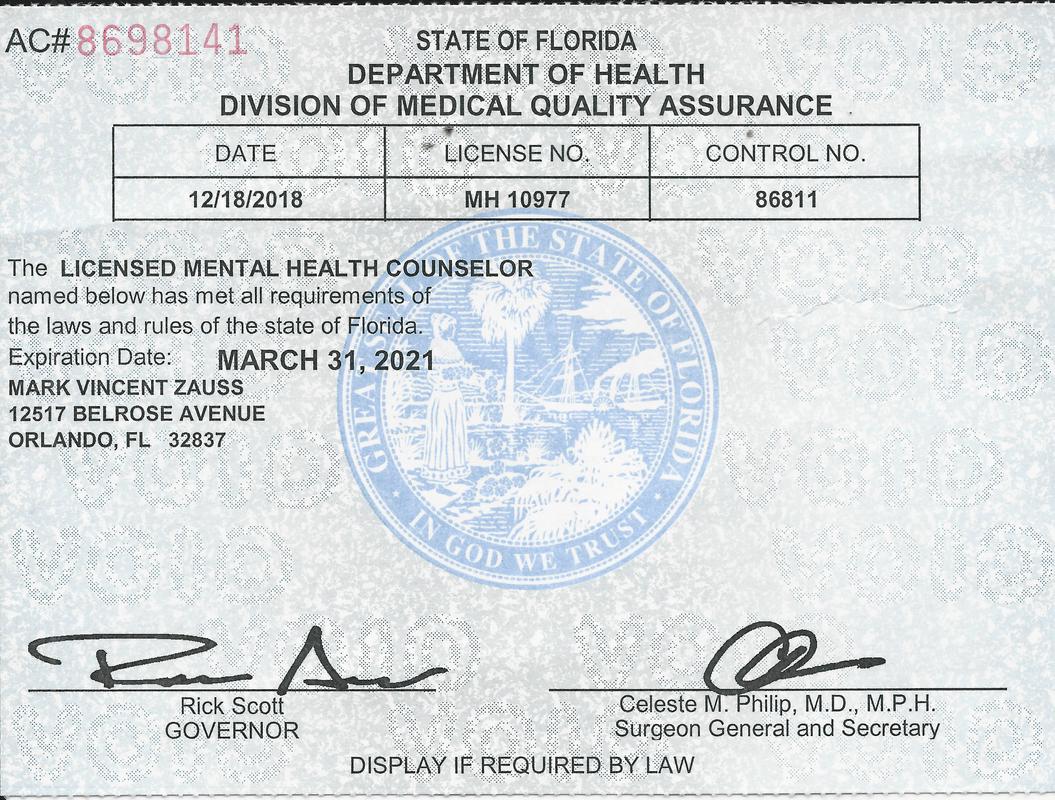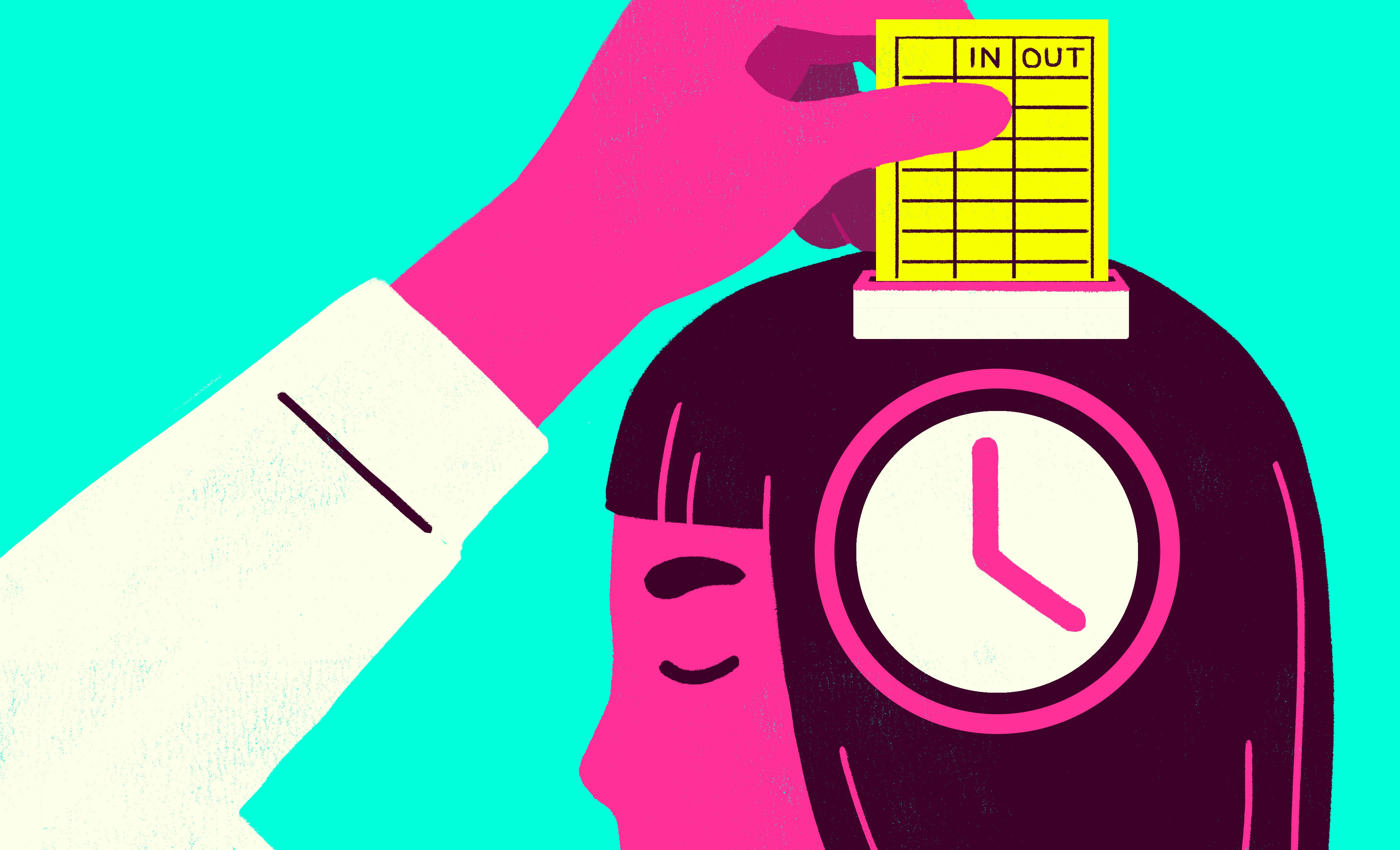These days, many of us gain access to social networks via our smartphones or tablets. While this makes it extremely hassle-free to keep in touch, it also means that social networks is always available. This round-the-clock, active connectivity can activate impulse control problems, the continuous signals and notices impacting your concentration and focus, disturbing your sleep, and making you a servant to your phone.
It's how the business make money. However, similar to a gambling compulsion or a dependency to nicotine, alcohol, or drugs, social networks usage can develop psychological yearnings. When you get a like, a share, or a beneficial reaction to a post, it can set off the release of dopamine in the brain, the very same "reward" chemical that follows winning on a slot device, taking a bite of chocolate, or illuminating a cigarette, for instance.
can keep you returning to social networks over and over once again. Although there are really couple of things that can't wait or need an instant action, FOMO will have you thinking otherwise. Possibly you're worried that you'll be neglected of the discussion at school or work if you miss the newest news or chatter on social media? Or maybe you feel that your relationships will suffer if you don't immediately like, share, or respond to other individuals's posts? Or you might be stressed you'll lose out on an invite or that other people are having a better time than you.
What Does How Do Different Mental Illnesses Affect Dreams Do?
Of course, interacting with social networks only rejects you the in person interaction that can assist to alleviate anxiety., such as tension, anxiety, or dullness. If you spend more time on social networks when you're feeling down, lonesome, or tired, you might be using it as a way to distract yourself from unpleasant feelings or self-soothe your state of minds.
Excessive social networks use can develop a negative, self-perpetuating cycle: When you feel lonely, depressed, anxious, or stressed, you utilize social networks more oftenas a way to ease dullness or feel connected to others. Utilizing social networks more often, however, increases FOMO and sensations of Learn here inadequacy, frustration, and isolation. In turn, these sensations negatively impact your mood and get worse symptoms of depression, anxiety, and stress.
Everybody is different and there is no particular quantity of time invested in social networks, or the frequency you look for updates, or the variety of posts you make that shows your use is ending up being unhealthy. Rather, it has to do with the impact time invested in social media has on your mood and other aspects of your life, in addition to your inspirations for utilizing it.
The smart Trick of How Do Thunderstorms Affect Mental Healt That Nobody johnnykbrt971.bearsfanteamshop.com/how-can-mental-health-affect-physical-health-for-beginners is Discussing
Likewise, if you're inspired to use social media just since you're tired or lonely, or wish to publish something to make others envious or upset, it may be time to reassess your social media habits. Indicators that social networks may be negatively impacting your psychological health consist of:. Using social media has become a substitute for a lot of your offline social interaction.

You have low self-esteem or negative body image. You might even have patterns of disordered eating. Or you stress that you have no control over the things individuals post about you. You feel pressure to publish regular material about yourself, get comments or likes on your posts, or react quickly and enthusiastically to buddies' posts.
You play unsafe pranks, post embarrassing product, cyberbully others, or access your phone while driving or in other risky scenarios. Do you check social networks last thing in the evening, first thing in the early morning, or even when you get up in the night? The light from phones and other gadgets can disrupt your sleep, which in turn can have a severe impact on your mental health.
Not known Details About How Does Mental Health Affect Society
A 2018 University of Pennsylvania study found that lowering social media utilize to 30 minutes a day led to a substantial decrease in levels of anxiety, depression, solitude, sleep issues, and FOMO. However you do not require to cut down on your social media use that considerably to enhance your psychological health.
While 30 minutes a day might not be a realistic target for many of us, we can still gain from reducing the quantity of time we invest in social networks. For most of us, that means minimizing just how much we use our smartphones. The following tips can assist: Then set a goal for just how much you want to lower it by.
Don't take your phone with you to the restroom. Turn devices off and leave them in another room overnight to charge. It's hard to withstand the consistent buzzing, beeping, and dinging of your phone notifying you to brand-new messages. Turning off alerts can assist you regain control of your time and focus.
Unknown Facts About How Does Mental Illness Affect Getting Hired
Then as soon as every 30 minutes, then once an hour. There are apps that can automatically restrict when you have the ability to access your phone. so you can just check Facebook, Twitter and so on from your tablet or computer. If this sounds like too drastic a step, try getting rid of one social networks app at a time to see just how much you actually miss it.
A number of us access social networks purely out of practice or to mindlessly eliminate moments of downtime. But by concentrating on your motivation for logging on, you can not just lower the time you invest in social networks, you can likewise enhance your experience and prevent many of the unfavorable elements.
Next time you go to access social media, pause for a moment and clarify your motivation for doing so. Exists a much healthier substitute for your social media use? If you're lonely, for example, welcome a friend out for coffee rather. Feeling depressed? Take a walk or go to the fitness center.
Some Ideas on How Does Adhd Affect The Mental Process You Should Know

Social media might be fast and convenient, but there are frequently healthier, more efficient methods to please a craving. Passively scrolling through Go to this site posts or anonymously following the interaction of others on social networks doesn't supply any significant sense of connection. It might even increase sensations of seclusion. Being an active participant, though, will provide you more engagement with others.
Make a list of all the favorable aspects of your life and read it back when you feel you're losing out on something better. And keep in mind: no one's life is ever as best as it appears on social media. All of us deal with heartache, insecurity, and frustration, even if we choose not to share it online.
At its finest, social networks is a fantastic tool for assisting in real-life connections. But if you have actually permitted virtual connections to replace real-life relationships in your life, there are plenty of methods to construct meaningful connections without depending on social media. to engage offline with buddies and family. Attempt to make it a regular get-together where you always keep your phones off.( or an online friend) and set up to fulfill up.
How Does Stigma Affect Mental Health Things To Know Before You Get This
Find a hobby, creative venture, or physical fitness activity you delight in and sign up with a group of similar people that satisfy on a routine basis (how does mental health affect society). Even if you're shy, there are tested methods to get rid of insecurity and build friendships. Great deals of other people feel just as unpleasant about making brand-new friends as you doso be the one to start the ball rolling.